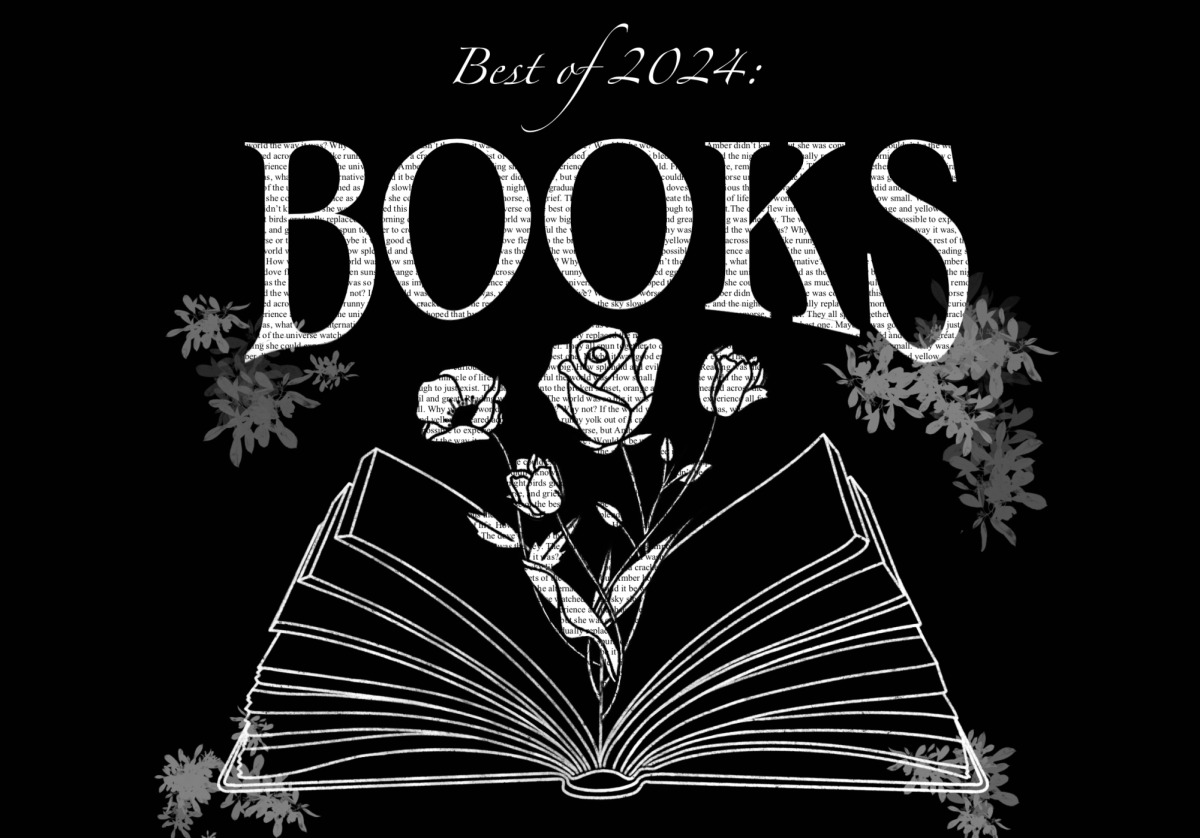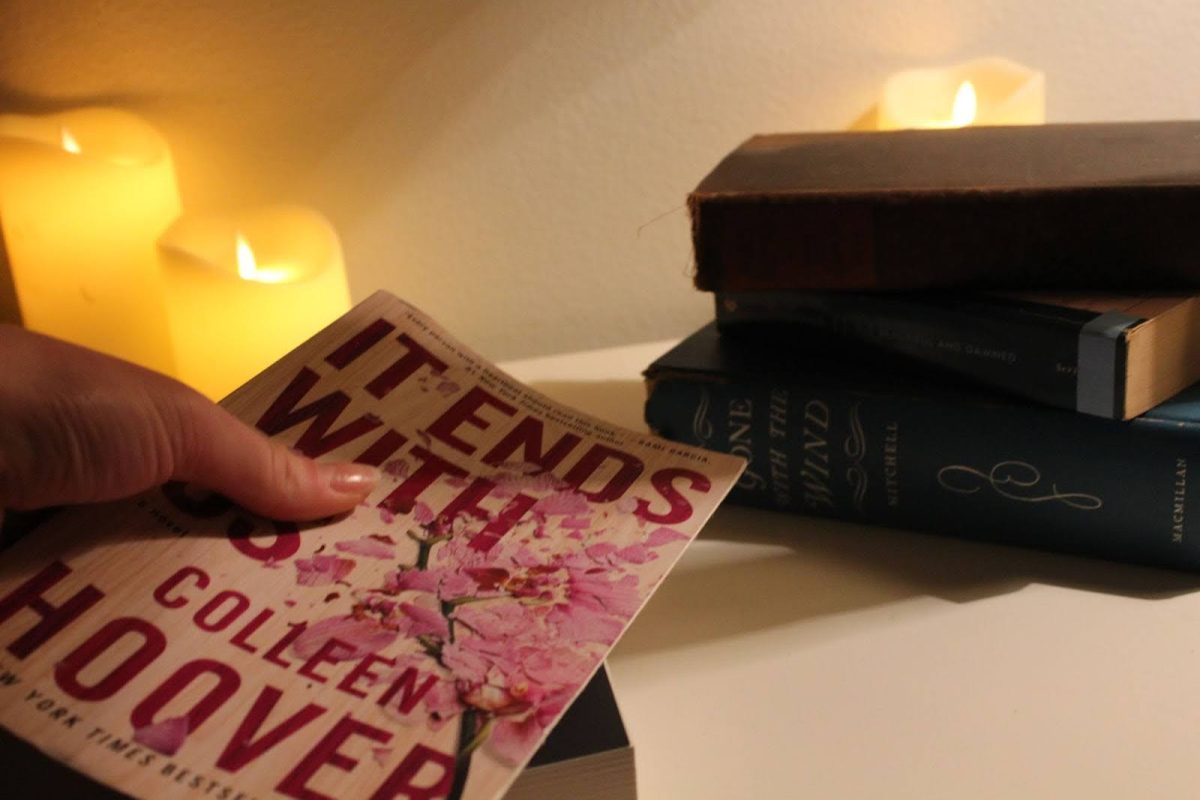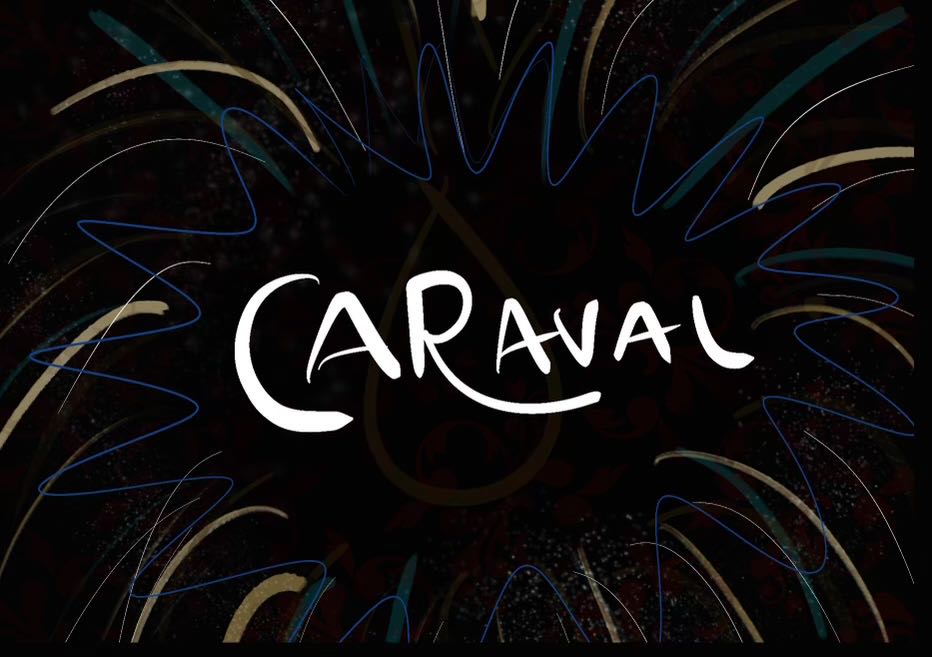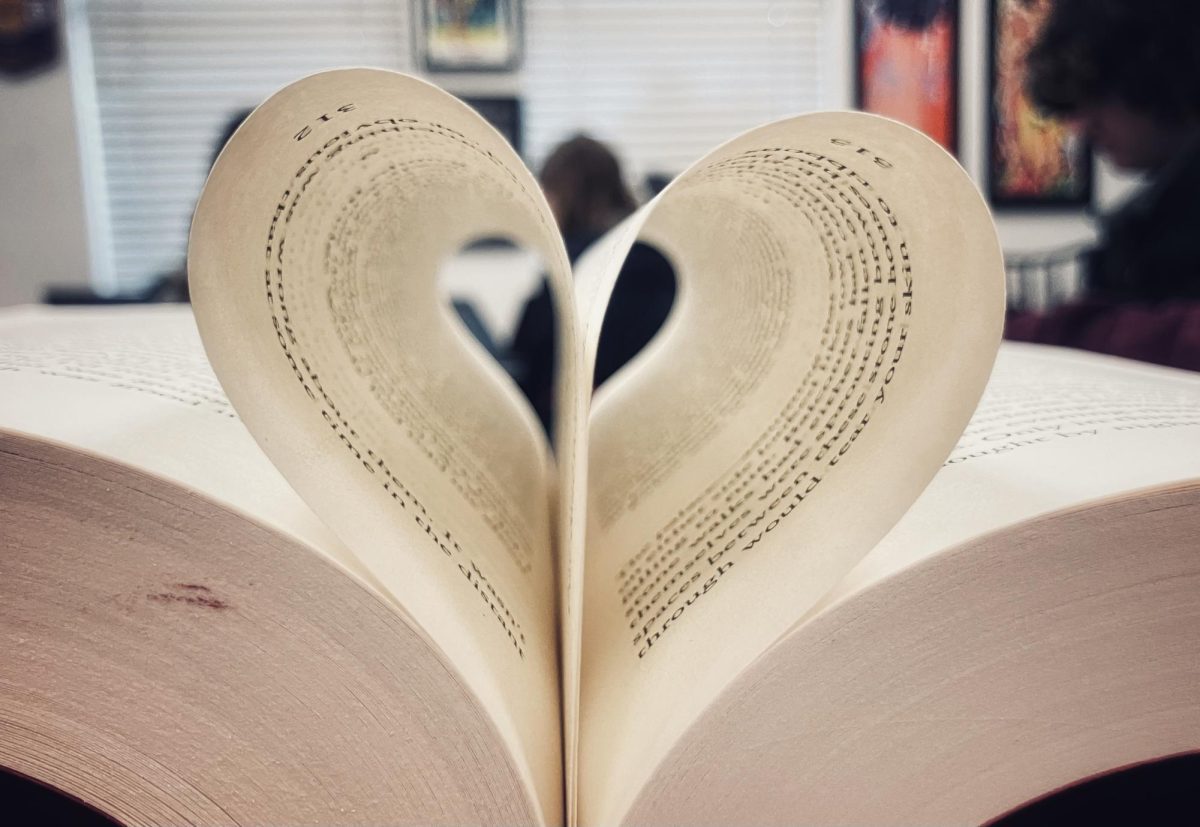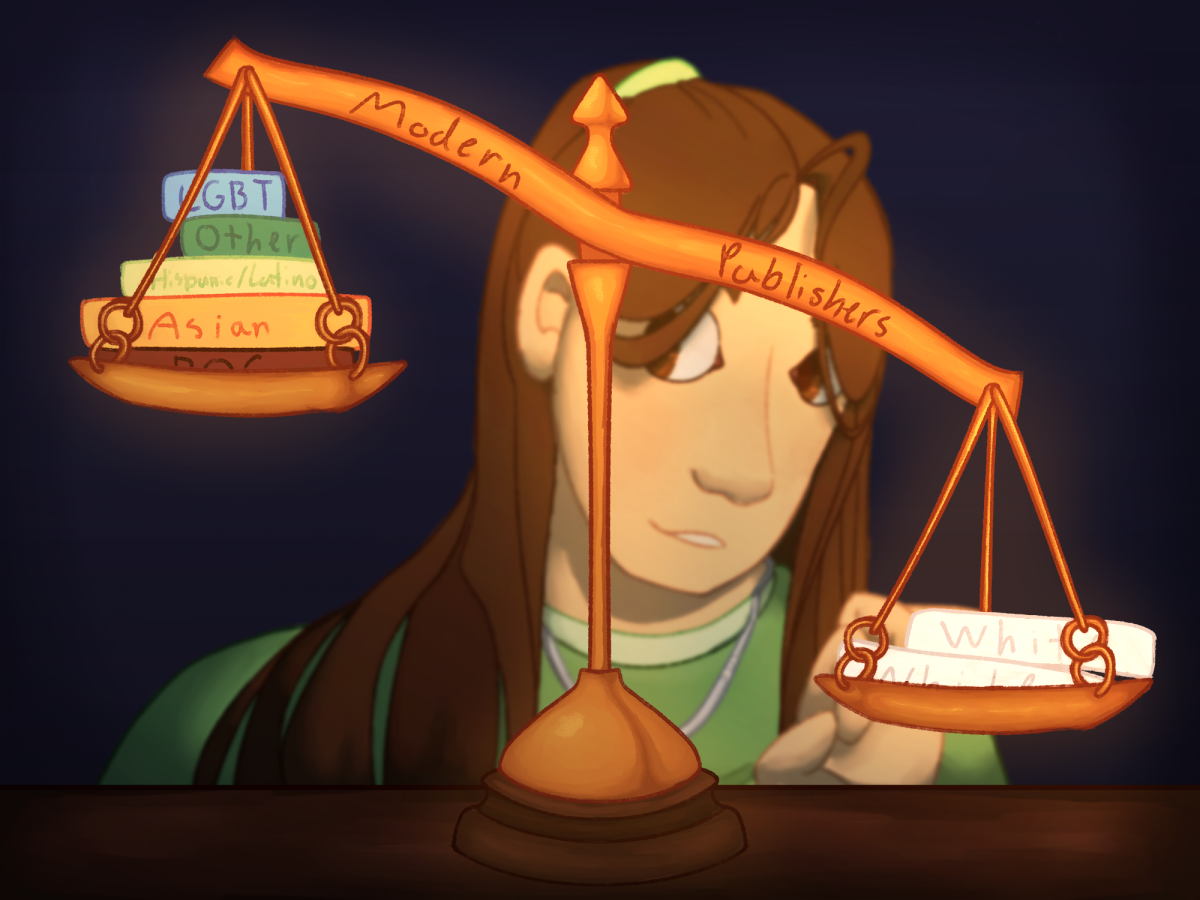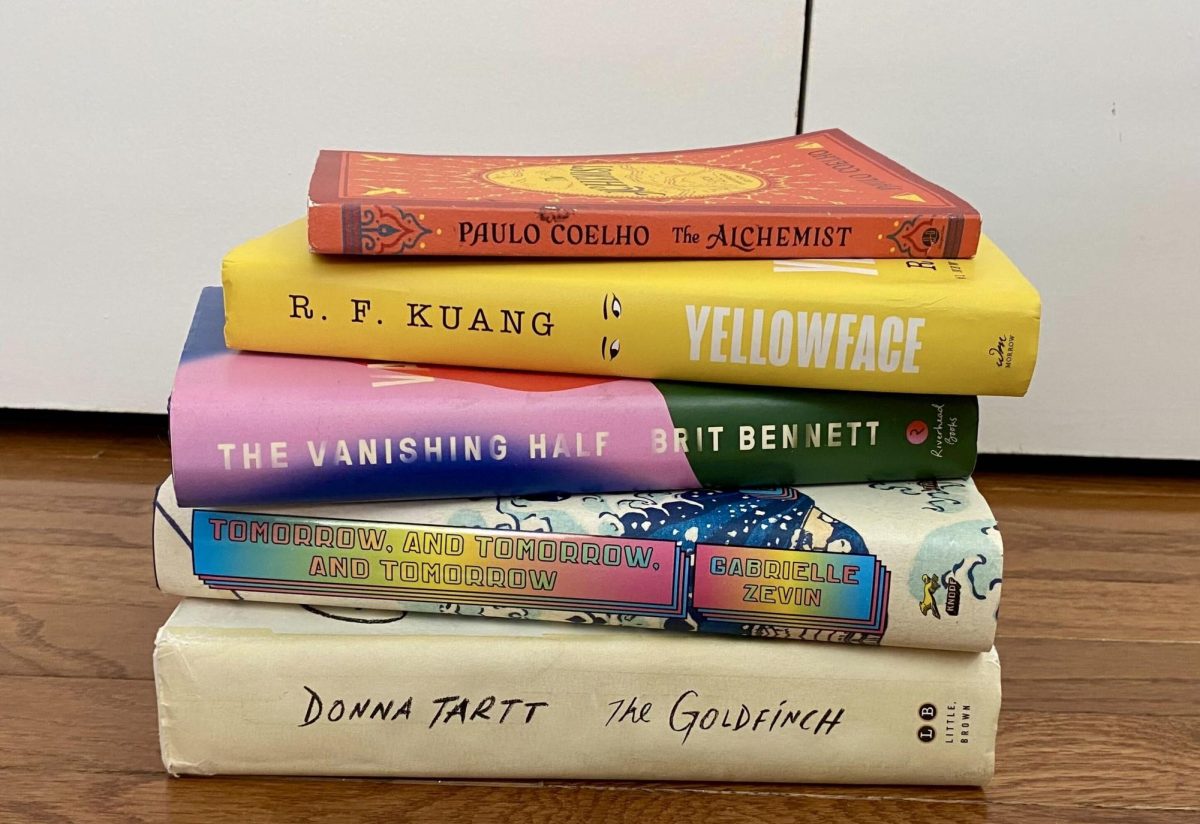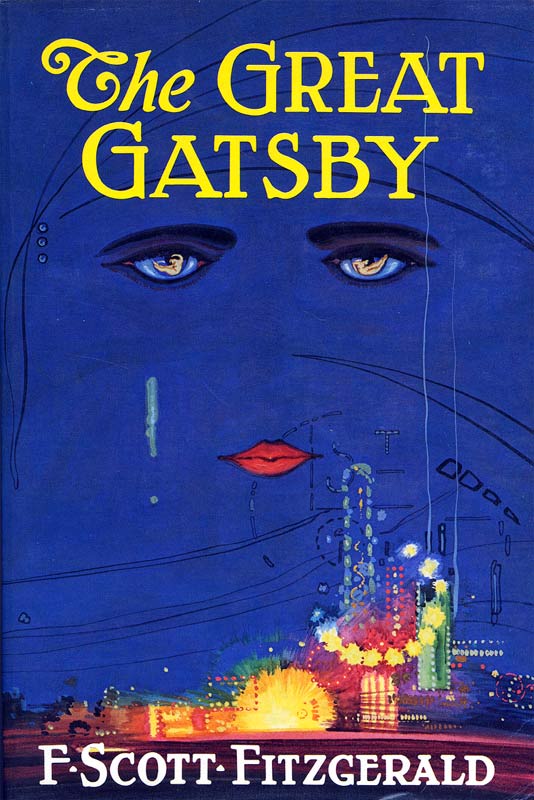
Jay Gatsby is not a bootlegger.
He is a businessman, he is rich, he is kind, he is a friend, but over everything else he is a romantic.
These characteristics of Gatsby were hopelessly lost in Baz Luhrman’s adaptation of “The Great Gatsby.”
In Fitzgerald’s “great American novel,” the character of Jay Gatsby is a figure you never really figure out, making the book unique.
It is read in English classes across the country for that very reason, it is unique and original; a story made up of lost love, lust, alcohol, the roaring 20’s, and beauty.
The book is so much more than what the 2013 movie adaptation makes it seem like. The book is great. The movie is acceptable.
Luhrman is a great director and screenwriter. His adaptations of “Romeo + Juliet” and “Moulin Rouge!” are phenomenal, but “The Great Gatsby” was a disappointment to fans of his character in Fitzgerald’s novel.
The great mystery that is Gatsby is built on the foundation that the reader never knows for sure what he did to become too wealthy. In this 2013 rendition of the 1974 version of Gatsby, the viewer does.
As readers, we are able to place Gatsby. Through narrator Nick Carraway’s eyes we get to decide who Gatsby is, or we get to decide to leave that unknown. The movie takes that away.
The essence of the book is lost within this new plot that Luhrman has etched out. Gatsby could be a bootlegger, as Luhrman wrote, or he could be one of the gangsters that were popular during the 1920’s.
That is the point of the novel, Gatsby’s mysticism. Everyone has his or her own theory on who he is, but Luhrman took that away.
There was nothing spectacular about the acting, to his credit, placing Leonardo DiCaprio in comparison with Robert Redford, the original Gatsby, is a tall order, and no one could amount to that. DiCaprio falls short as the iconic 1920’s romantic Gatsby.
Carey Mulligan seems to be the real star in the film. Her portrayal of the ignorant Daisy was spot on, and almost as good at ‘74’s Mia Farrow.
The movie, to its credit, does include the little known short story Fitzgerald published after “The Great Gatsby.”
His short story tells the reader about Gatsby’s childhood, and how he viewed himself as a son of God. The movie included that while the original book does not, giving the viewer an insight into the ambiguous character of Gatsby that a reader may not get.
This new version of “The Great Gatsby” seemed to be made for the money. It has drummed up audiences worldwide, setting itself up to be the next summer hit, but it’s not.
The movie is beautiful. You could pause it at any moment and have a piece of art, but that is all there is to it.
This 2013 version of Gatsby was not made to tell Fitzgerald’s beloved romance. It was to make money, and show to the world how much money you can spend on a movie.
When faced with the “book vs. movie” question, it is very uncommon that the movie wins, and this is one of those common times when the book wins again.
The storytelling lacked, the visuals were fantastic, but “The Great Gatsby” is not supposed to be a story of glamour and glitter; it is meant to be one of love and tragedy.
With this missing aspect, “The Great Gatsby” is not so “great” after all.

